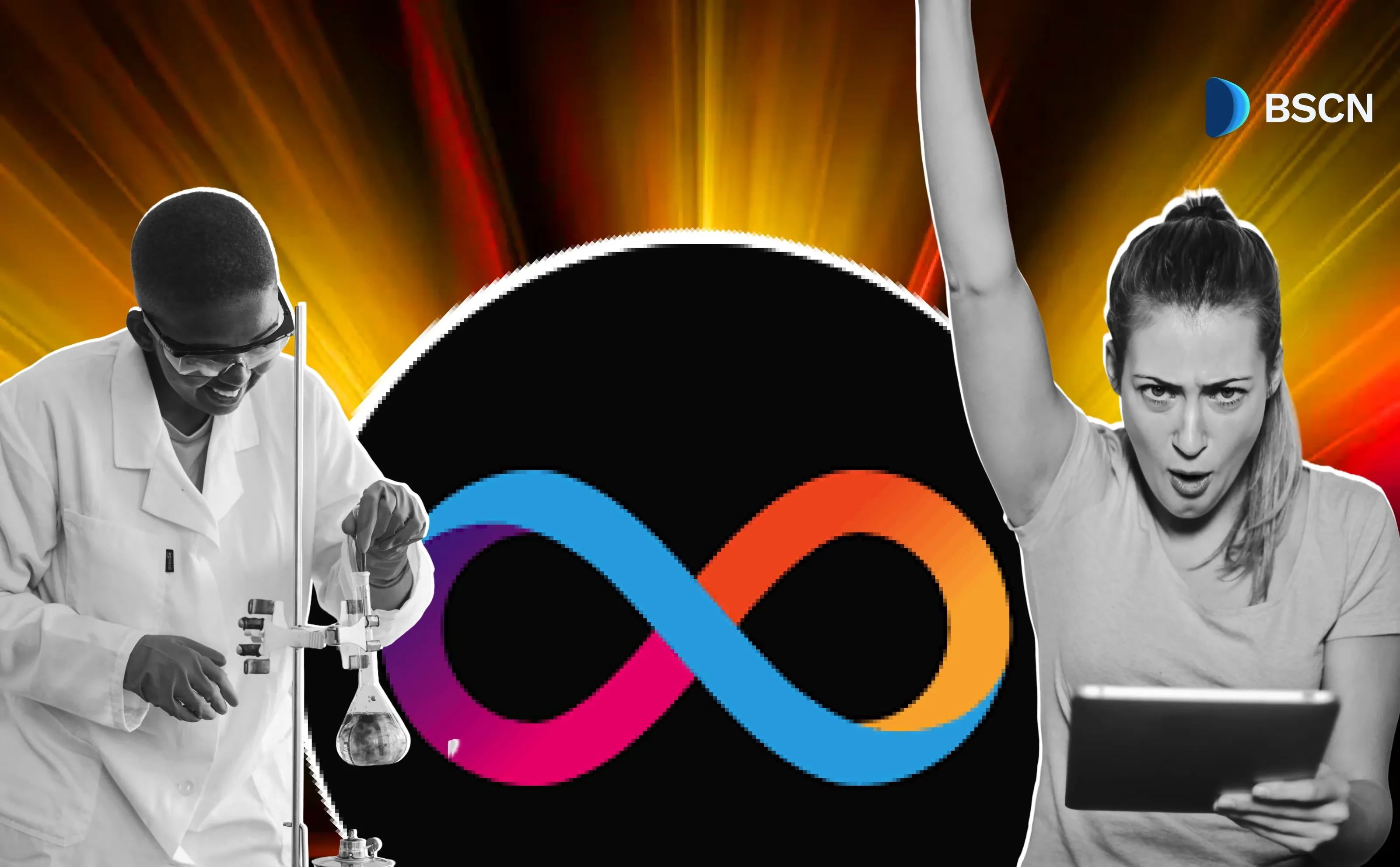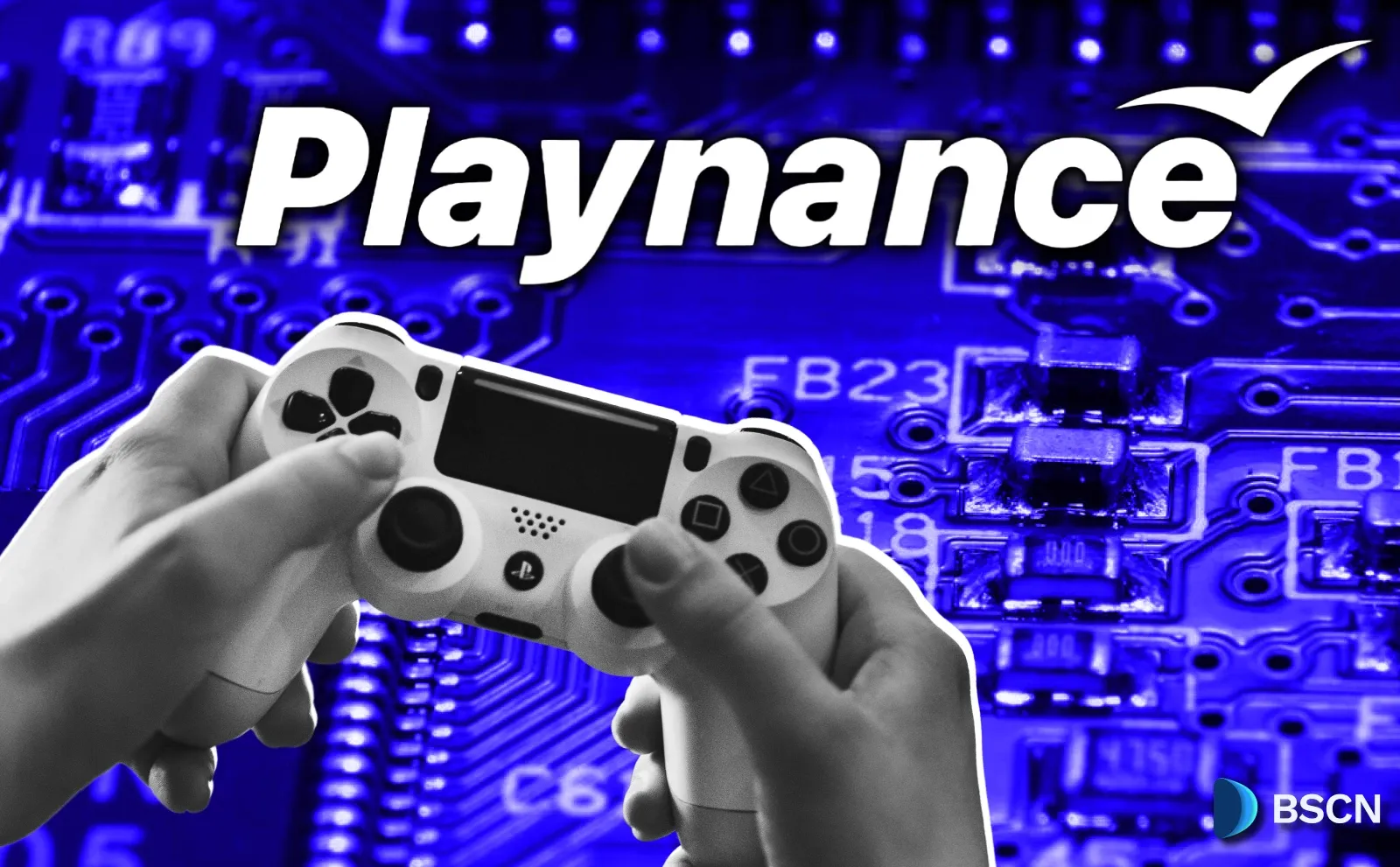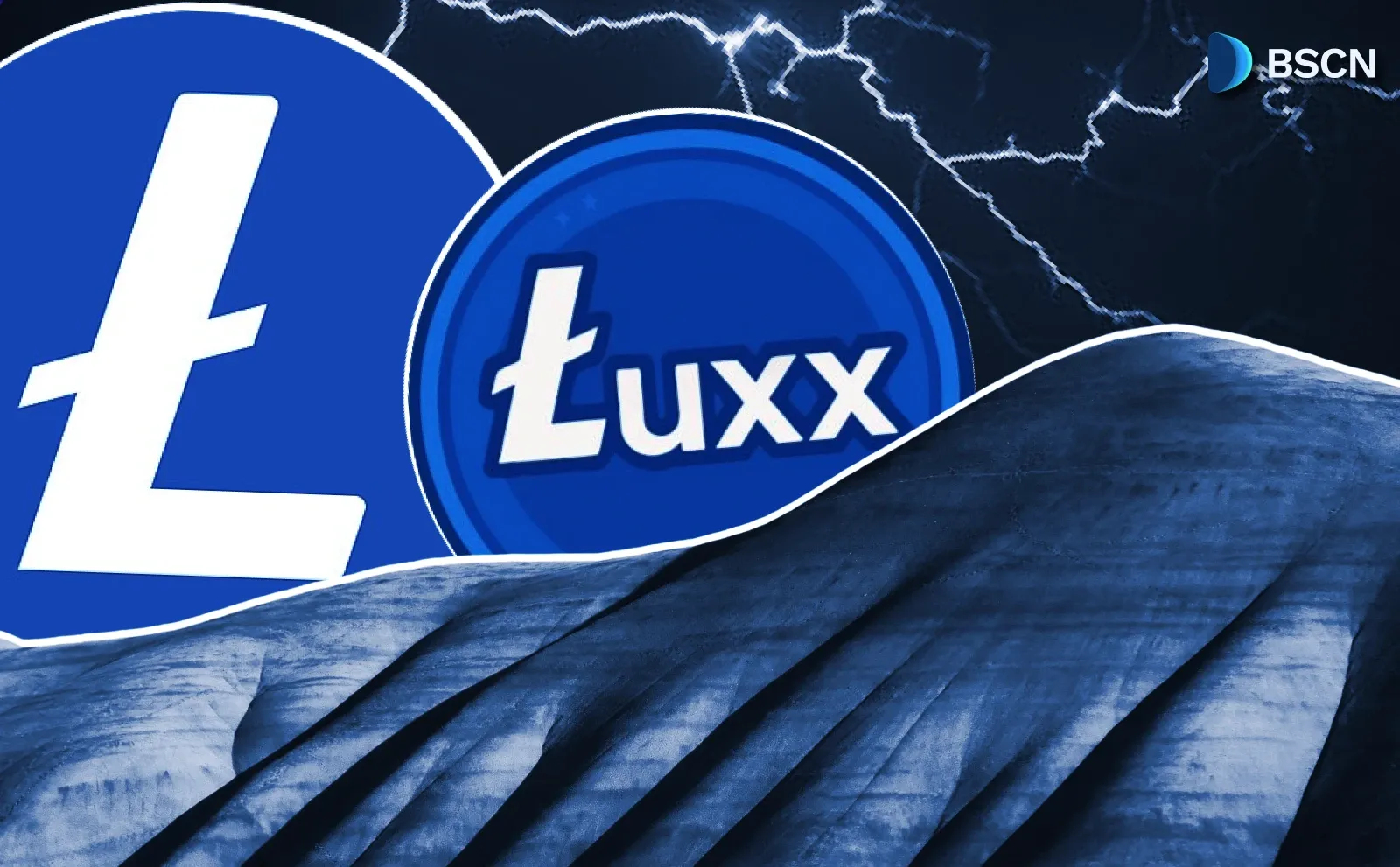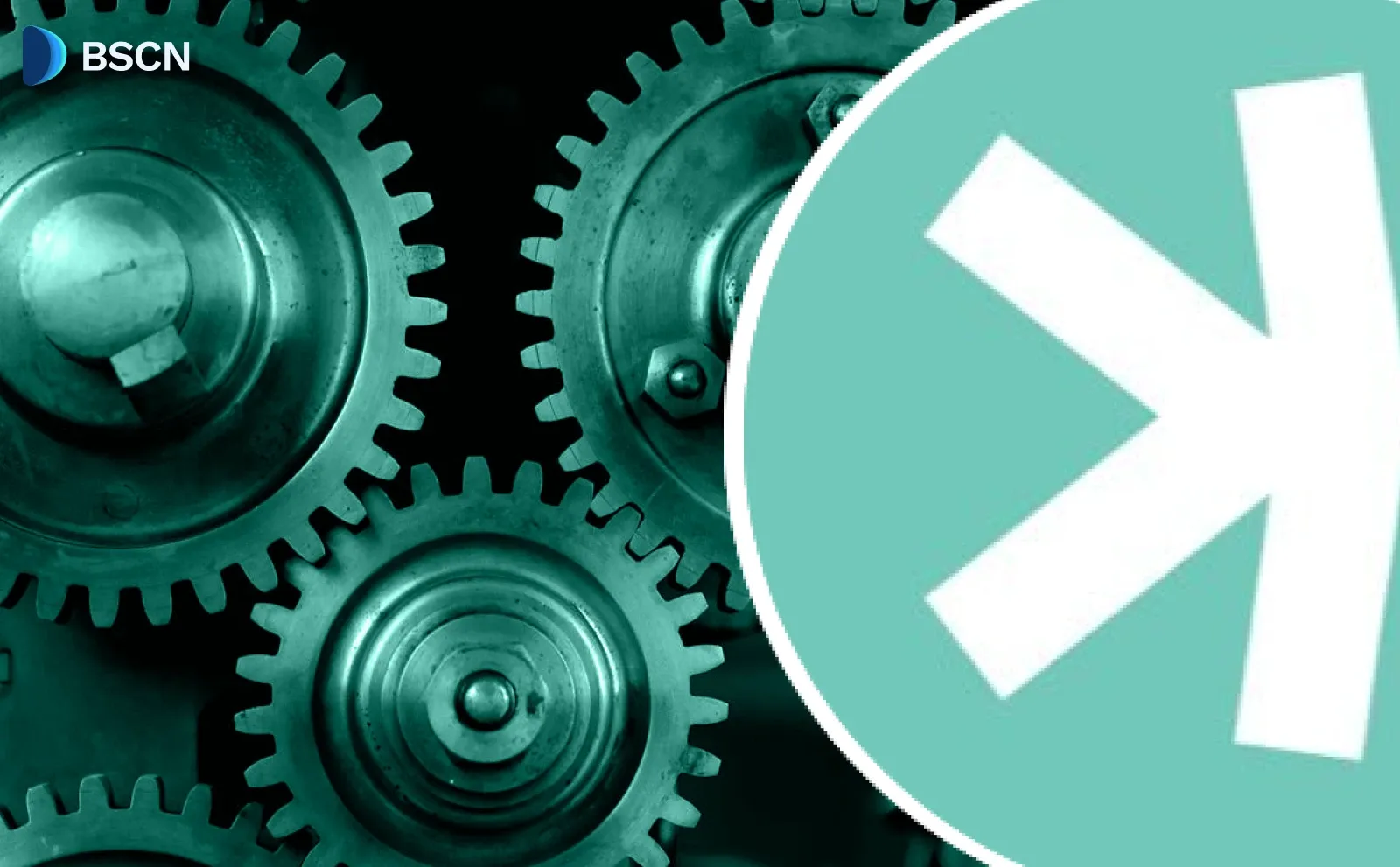What is Pi Network and Is It Worth the Hype?
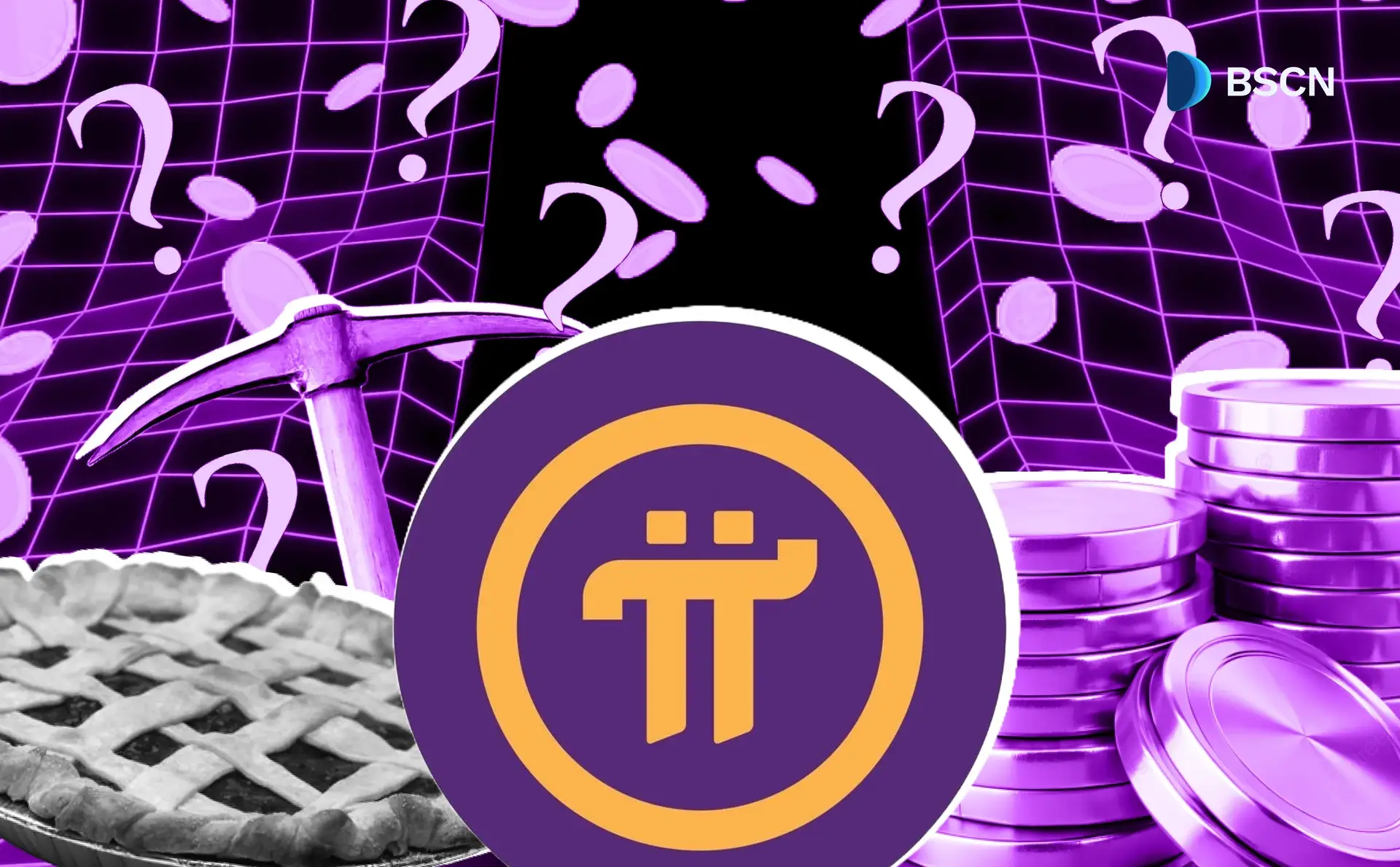
Discover Pi Network's mobile cryptocurrency mining platform: its origins, development phases, and controversies. Learn why this project claims 60 million users and whether it lives up to the hype in 2025. A comprehensive analysis of Pi's approach to accessible crypto mining.
UC Hope
April 17, 2025
Table of Contents
In recent years, the cryptocurrency landscape has witnessed the emergence of numerous projects promising to revolutionize digital mining accessibility. Among these, Pi Network has generated significant buzz and controversy since its inception in 2018.
Following its Open Network launch, this comprehensive guide explores the origins, goals, and progress in the Decentralized Finance (DeFi) and Web3 space.
Introduction to Pi Network: A Mobile-First Cryptocurrency
Pi Network, launched in 2019 by Stanford PhDs Nicolas Kokkalis and Chengdiao Fan, is a blockchain-based cryptocurrency designed to make mining accessible to everyone via mobile devices.
Unlike traditional cryptocurrencies like Bitcoin, which require energy-intensive hardware, Pi Network uses a "Proof of Contribution" consensus algorithm, allowing users, known as Pioneers, to mine Pi coins with minimal resources. The project boasts over 60 million registered users across 233 countries, with 19 million KYC-verified and 12 million migrated to its Mainnet.
How Pi Network Works
Pi Network’s core innovation is its mobile-first approach, enabling users to mine cryptocurrency without specialized equipment.
The process is simple: download the Pi Network app, sign up, and start mining by tapping a button daily. Pioneers earn Pi coins based on their contributions, such as mining consistently, inviting new users, and participating in "Security Circles" to enhance network trust. The project operates in phases—Beta, Testnet, and Mainnet—outlined in its 2021 whitepaper.
Development Phases and Roadmap:
Pi Network's development follows a structured three-phase approach, as outlined in its whitepaper:
Beta Phase: This initial stage marked the project's debut on major app platforms, including the App Store and Google Play Store. According to the document, the phase proved successful in community building, attracting approximately 3.5 million "Pioneers" across 233 countries.
Testnet Phase: Beginning in March 2020, this phase implemented a live Testnet with globally distributed Nodes. The network claimed to have achieved impressive metrics, with over 10,000 fully functional community Nodes and more than 100,000 daily active Nodes waiting to join.
Mainnet Phase: Initiated in December 2021, this phase splits into two sub-stages: "Enclosed Mainnet" and "Open Mainnet." The Open Mainnet phase, particularly the Open Network launch in Q1 2025, marks a shift toward real-world utility, enabling external blockchain connectivity. This structure aims to create a decentralized currency for everyday transactions, fostering financial inclusion.
Pi Coin: The Network's Native Currency
At the heart of the ecosystem lies Pi Coin (PI), the native cryptocurrency that users can mine through their mobile devices. The token features a maximum supply cap of 100 billion coins, though concerns have been raised about its inflationary nature and potential economic implications.
Following the Open Network launch, the coin is now live on several exchanges, including OKX, with many anticipating bigger exchange listings shortly
Recent Developments in 2025
Pi Network’s most significant milestone in 2025 is the Open Network launch, announced in December 2024 and celebrated on Pi Day, March 14, 2025. This launch allows Pi coins to be used in real-world applications, introducing new features and connecting the network to external blockchains. Key Q1 2025 updates include:
.pi Domains Auction: From March 14 to June 28, 2025, users can bid on customized .pi domains with a minimum bid of 10 Pi and gas fees of 0.01-0.02 Pi. This enhances platform utility and user engagement.
PiFest Shopping Period: From March 14 to March 21, 2025, PiFest featured over 125,000 registered sellers, with 58,000 active on the Map of Pi, showcasing real-world transaction capabilities.
Mainnet App Expansion: Developers can launch apps on Mainnet via the Developer Portal without pre-approval, streamlining innovation.
These developments reflect Pi Network’s focus on expanding its ecosystem and delivering tangible user value.
Community Engagement and Controversies
Pi Network’s community is a driving force behind its growth. Initiatives like PiFest and the .pi Domains Auction demonstrate strong engagement, fostering a sense of ownership among Pioneers. However, the project has faced scrutiny. Claims of 60 million users have been questioned, with some analyses estimating only 9.11 million active wallets.
Regulatory challenges, such as investigations in Vietnam over fraud concerns and questions about data privacy and advertising revenue, have also sparked debate. Despite these issues, the community remains active, with ongoing discussions on platforms like X. Additionally, the Open Network launch gave hope for the protocol’s progress, bringing a sense of optimism about its ambitions as a long-term project with practical use cases.
Is Pi Network Worth the Hype?
Pi Network’s appeal lies in its accessibility and ambitious vision of a decentralized currency for everyday use. The Open Network launch and 2025 updates demonstrate progress toward real-world utility, with features like PiFest and .pi Domains showcasing practical applications. The project’s large user base and developer-friendly policies suggest growth potential, particularly in local commerce and dApp development.
However, challenges remain. Scalability is a concern as transaction volumes increase with external blockchain connectivity. Security risks, heightened by broader integration, require robust safeguards. Given past scrutiny, regulatory compliance will be critical for global adoption. Additionally, market volatility affects user confidence, with the asset plummeting significantly to $0.6 after hitting an all-time high of $2.98.
Analysts offer mixed predictions. Some suggest modest price growth through 2030, while others caution that Pi’s value depends on sustained adoption and ecosystem development. For now, Pi Network’s worth hinges on its ability to deliver on promises of utility and transparency while addressing community and regulatory concerns. Otherwise, users will only wait for respective PI token unlocks to cash in on their holdings.
Conclusion
Pi Network’s Open Network launch and ecosystem enhancements signal a commitment to real-world utility backed by its large community. Yet, as this article outlines, controversies remain.
For now, the question of whether Pi Network lives up to its hype remains open. However, after a promising start to 2025, spearheaded by its Open Network launch, the protocol seems to be moving in the right direction.
Recent Pi Network Coverage:
- Who are the Pi Hackathon 2025 Winners? A Closer Look
- Pi Network Releases Node Version 0.5.4: Key Updates and Enhancements
- Pi Network Ventures Announces First Investment in Openmind AI Company
- Pi Network Records Milestone in KYC Process: New System Initiative Speeds up Approval
- Pi Network Founder to Speak at TOKEN2049 in Singapore
- Pi Network's New Upgrades: What We Know
Read Next...
Disclaimer
Disclaimer: The views expressed in this article do not necessarily represent the views of BSCN. The information provided in this article is for educational and entertainment purposes only and should not be construed as investment advice, or advice of any kind. BSCN assumes no responsibility for any investment decisions made based on the information provided in this article. If you believe that the article should be amended, please reach out to the BSCN team by emailing [email protected].
Author
 UC Hope
UC HopeUC holds a bachelor’s degree in Physics and has been a crypto researcher since 2020. UC was a professional writer before entering the cryptocurrency industry, but was drawn to blockchain technology by its high potential. UC has written for the likes of Cryptopolitan, as well as BSCN. He has a wide area of expertise, covering centralized and decentralized finance, as well as altcoins.
Crypto Project & Token Reviews
Project & Token Reviews
Comprehensive reviews of crypto's most interesting projects and assets
Learn about the hottest projects & tokens
Latest Crypto News
Get up to date with the latest crypto news stories and events








